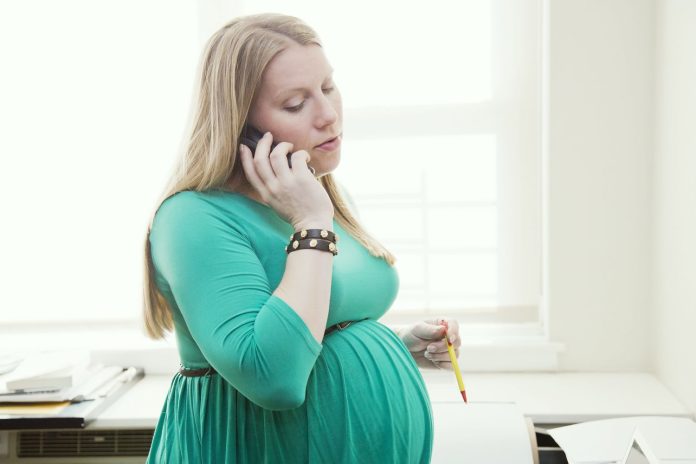Yeast infections are common among women, and pregnancy can increase the risk of developing one. These infections occur when there is an overgrowth of yeast in the vaginal area, causing itching, burning, and discomfort. If you’re pregnant and experiencing a yeast infection, there are a few things you can do to get rid of it. In this blog post, we’ll explore some of the most effective methods for treating yeast infections during pregnancy.
Consult with your Healthcare Provider
If you suspect that you have a yeast infection, the first step is to consult with your healthcare provider. They can confirm the diagnosis and recommend the best course of treatment for you. It’s important to seek medical advice, as some over-the-counter treatments may not be safe during pregnancy.
Use Antifungal Creams
Antifungal creams are a common treatment for yeast infections. They work by killing the yeast and reducing the symptoms of the infection. Some creams are available over the counter, while others require a prescription. When using antifungal creams during pregnancy, it’s important to follow the instructions carefully and avoid using too much.
Take Oral Medication
In some cases, your healthcare provider may recommend oral medication to treat a yeast infection. This is usually reserved for severe or recurrent infections. Oral medication can be very effective, but it’s important to talk to your doctor about the risks and benefits, as some medications may not be safe during pregnancy.
Keep the Area Clean and Dry
One of the best ways to prevent and treat a yeast infection is to keep the vaginal area clean and dry. This means avoiding tight-fitting clothing, wearing breathable underwear, and avoiding perfumed products. You should also avoid taking long, hot baths, as this can create a moist environment that promotes the growth of yeast.
Use Natural Remedies
Some women prefer to use natural remedies to treat yeast infections. While there is limited scientific evidence to support their effectiveness, some women have reported success with remedies such as yogurt, garlic, and tea tree oil. It’s important to talk to your healthcare provider before using any natural remedies, as they may not be safe during pregnancy.
Prevent future infections
Once you’ve treated your yeast infection, it’s important to take steps to prevent future infections. This includes practicing good hygiene, avoiding irritants, and wearing loose-fitting clothing. You should also talk to your healthcare provider about any underlying conditions that may increase your risk of developing yeast infections.
Conclusion
Yeast infections can be uncomfortable and inconvenient, especially during pregnancy. If you’re experiencing symptoms of a yeast infection, it’s important to seek medical advice and follow the recommended treatment plan. By keeping the area clean and dry, using antifungal creams or oral medication, and taking steps to prevent future infections, you can effectively treat and manage a yeast infection during pregnancy.
Khalid Irfan is a Fitness expert who enjoys spending time in gym. He also enjoys being in the outdoors and exploring new opportunities whenever they arise as well as researching new topics to expand his horizons.

